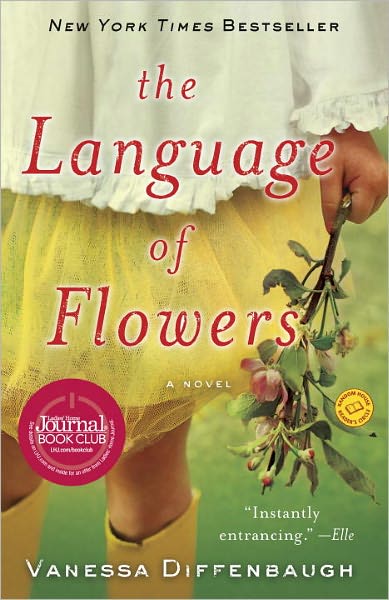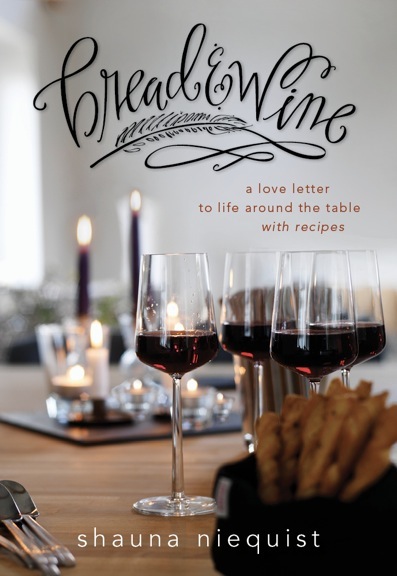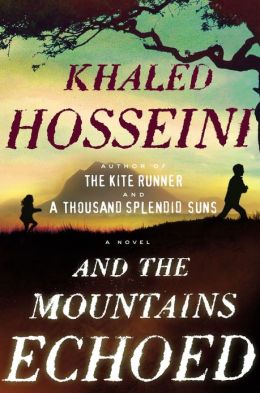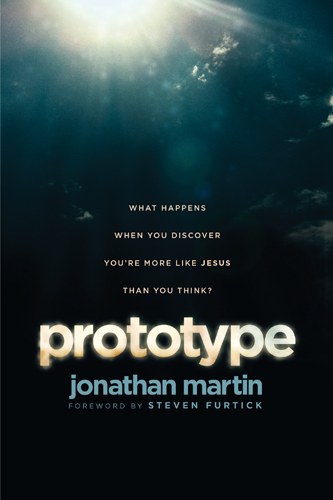Congratulations to Linda for winning the free book for November’s book discussion! (You can check out our conversation about foster parenting and flowers and guys carrying around chick lit here.)
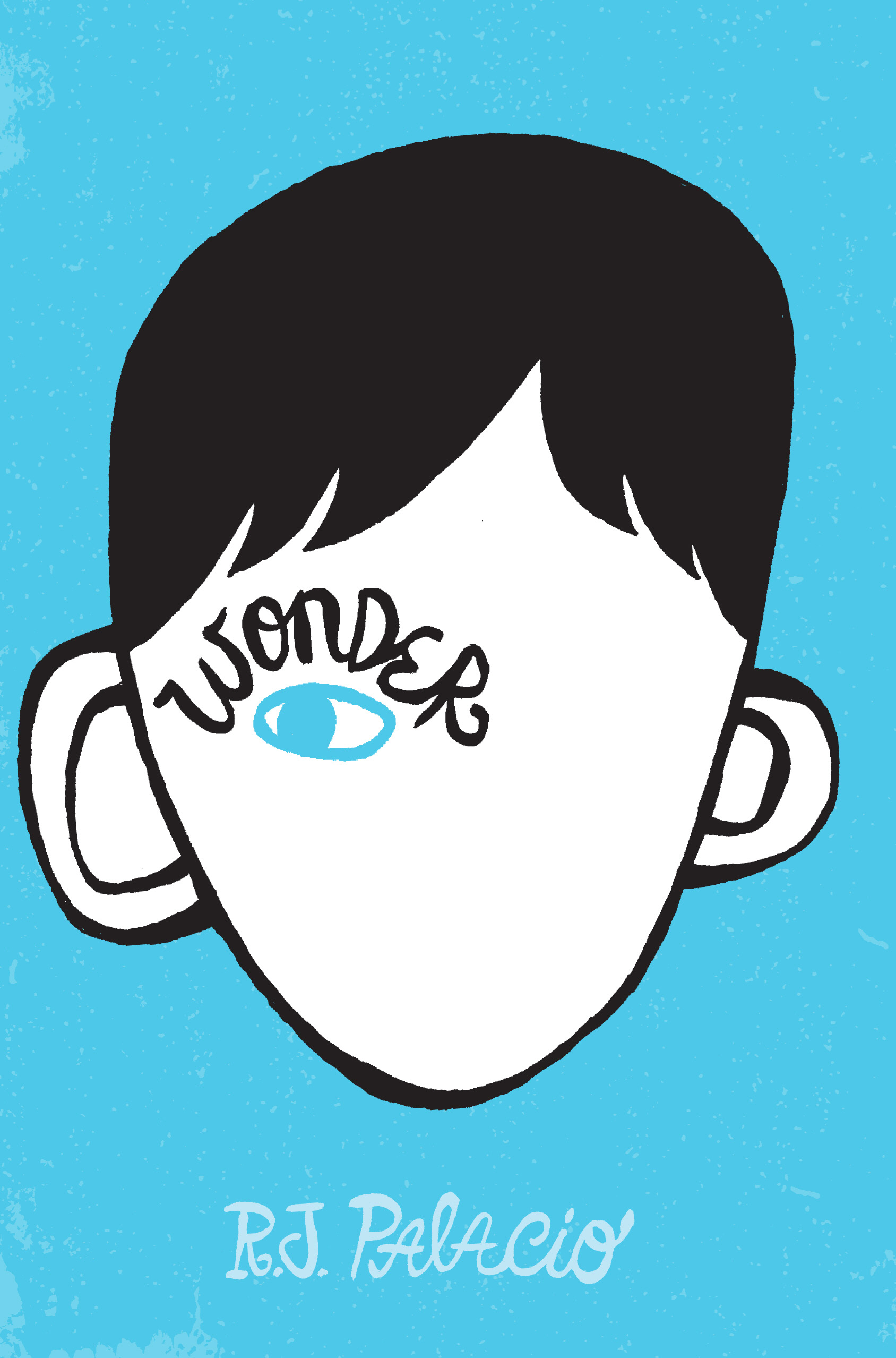 Since December is so busy, we’ll be reading a young adult book this month: Wonder by R. J. Palacio.
Since December is so busy, we’ll be reading a young adult book this month: Wonder by R. J. Palacio.
Here’s the description from the back cover:
August (Auggie) Pullman was born with a facial deformity that prevented him from going to a mainstream school—until now. He’s about to start 5th grade at Beecher Prep, and if you’ve ever been the new kid then you know how hard that can be. The thing is Auggie’s just an ordinary kid, with an extraordinary face. But can he convince his new classmates that he’s just like them, despite appearances?
The book received a starred review from Publisher’s Weekly:
Auggie Pullman was born with severe facial deformities—no outer ears, eyes in the wrong place, his skin “melted”—and he’s learned to steel himself against the horrified reactions he produces in strangers. Now, after years of homeschooling, his parents have enrolled him in fifth grade. In short chapters told from various first-person perspectives, debut author Palacio sketches his challenging but triumphant year. Though he has some expectedly horrible experiences at school, Auggie has lucked out with the adults in his life—his parents love him unconditionally, and his principal and teachers value kindness over all other qualities. While one bully manages, temporarily, to turn most of Auggie’s classmates against him, good wins out. Few first novels pack more of a punch: it’s a rare story with the power to open eyes—and hearts—to what it’s like to be singled out for a difference you can’t control, when all you want is to be just another face in the crowd.
You can click here for a trailer for the book.
Hope you’ll join us for our discussion at the beginning of January.
{Remember: I’ll send a free book to one lucky commenter!}

